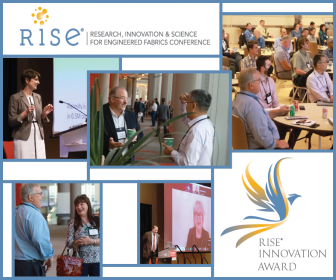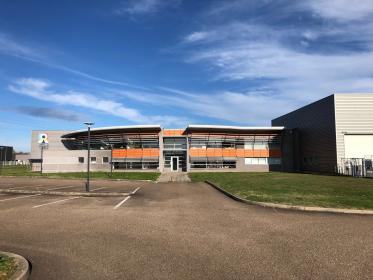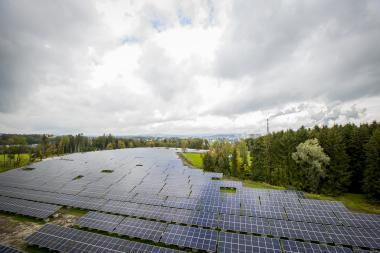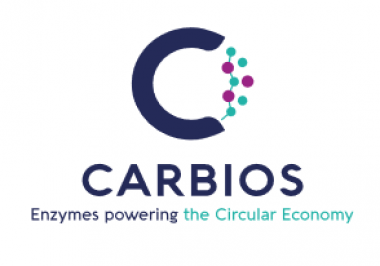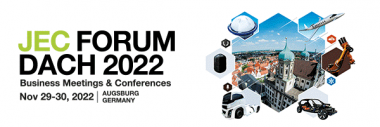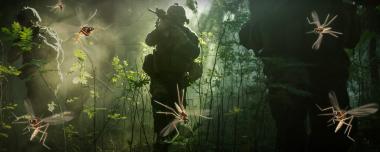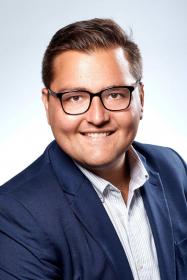BTMA: Testing equipment manufacturer James Heal celebrates 150th anniversary
Long-standing BTMA member James Heal is celebrating its 150th anniversary this year, the company’s formation dating back to 1872, when it was listed as an oil and tallow merchant and mill furnisher in Yorkshire, UK.
Today, as a testing equipment manufacturer for textiles and nonwovens, James Heal continues to expand its range, with a focus on making testing simple – most notably with the introduction of its Performance Testing collection of instruments, most recently the AirPro and HydroView systems.
AirPro
The new James Heal AirPro air permeability tester is used to test the resistance of the flow of air through woven, knitted and nonwoven textiles. Its software offers flexibility with standards and comprehensive reporting options and different test head sizes are available, making it suitable for a range of applications and standards
HydroView
The HydroView hydrostatic head tester is meanwhile designed to measure the penetration of water in materials which have an end use that requires water resistance, such as those in the medical, geotextiles and nonwovens sectors. It is also proving essential in the testing of end-use applications for technical textiles, such as in protective gloves, diving dry suits and winter sports apparel, to fishing waders, roofing, tenting, ground sheets and more.
BTMA / AWOL Media











